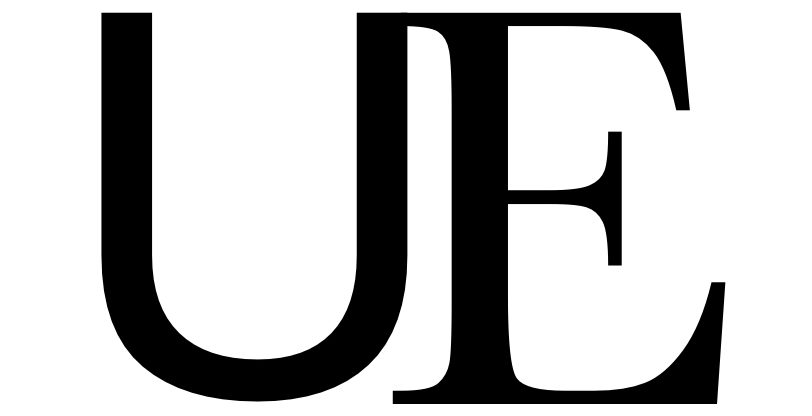BROKEN LADDERS: THE MYTH OF MERITOCRACY FOR WOMEN OF COLOUR IN THE WORKPLACEWomen of colour across the UK already know that experiencing racism at work is the norm. That’s why we’ve partnered with the Runnymede Trust to produce our ground-breaking research, Broken Ladders: The myth of meritocracy for women of colour in the workplace.Broken Ladders centres the voices and experiences of thousands of women of colour at work and explores the different experiences of women from different ethnic minority groups and religions.Our research shows that every stage of the career journey, from entering work to senior leadership, women of colour are being locked out of reaching their true potential.
Source: Broken Ladders: The Myth of Meritocracy for Women of Colour in the Workplace | The Fawcett Society
